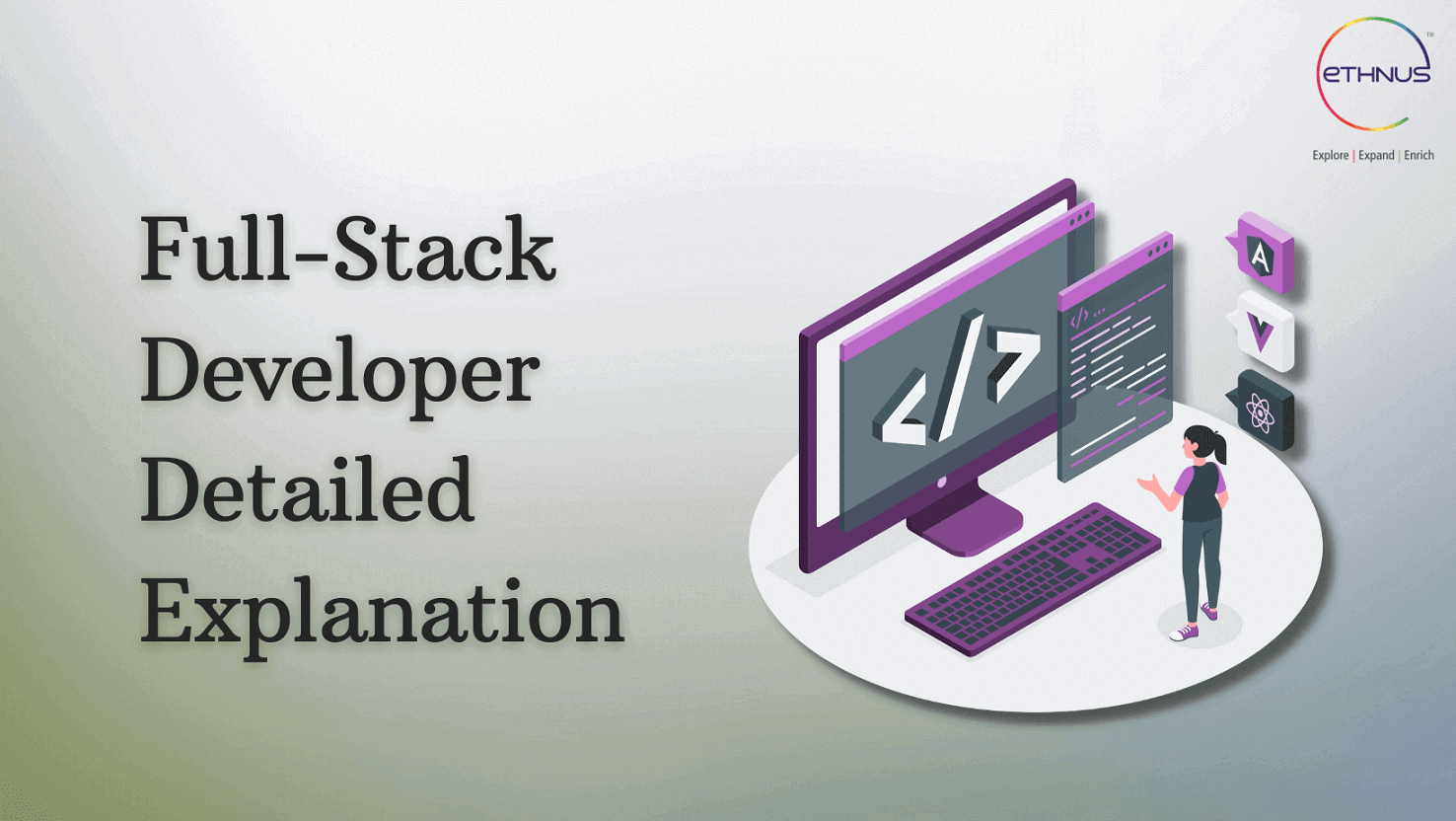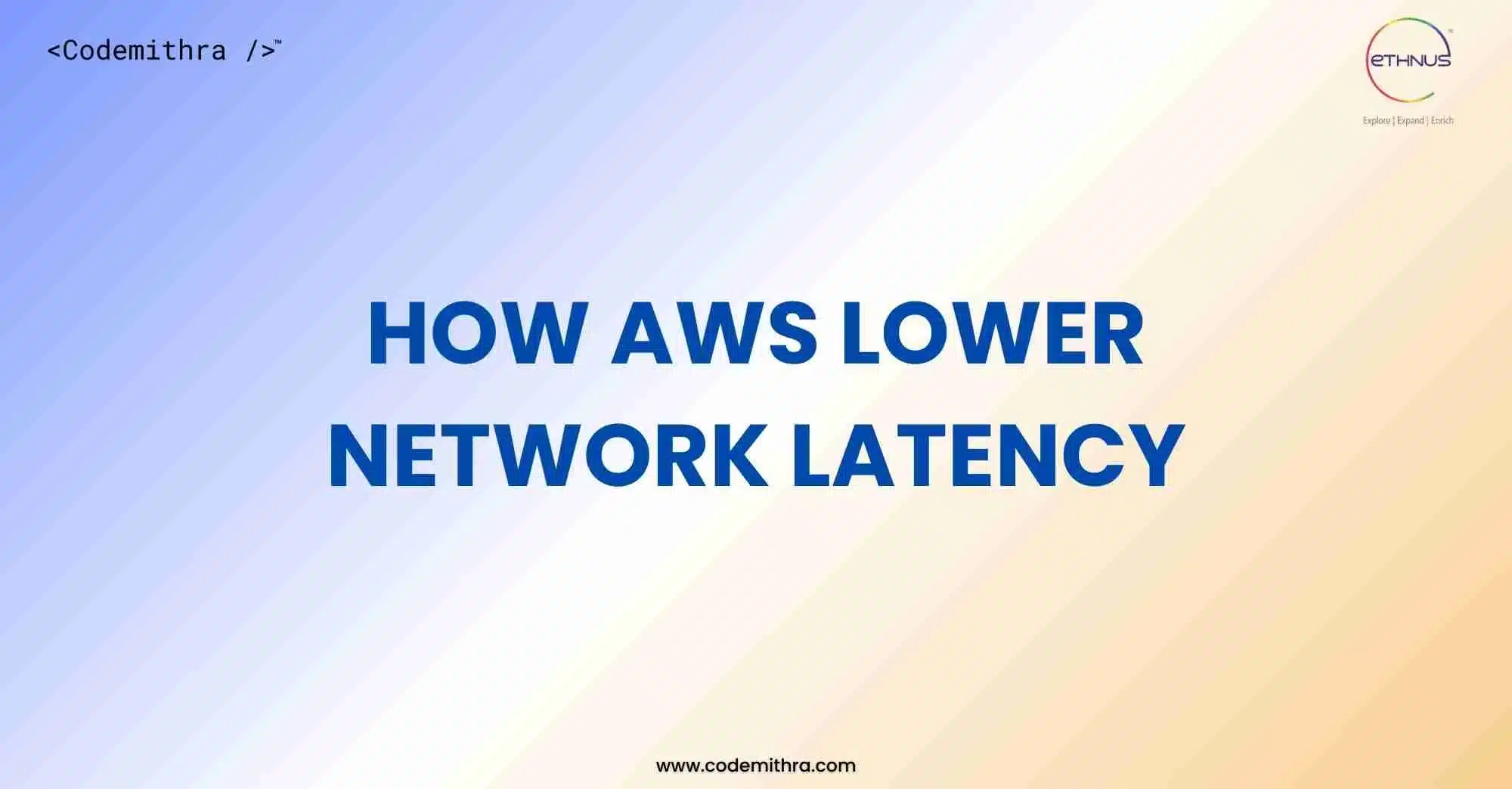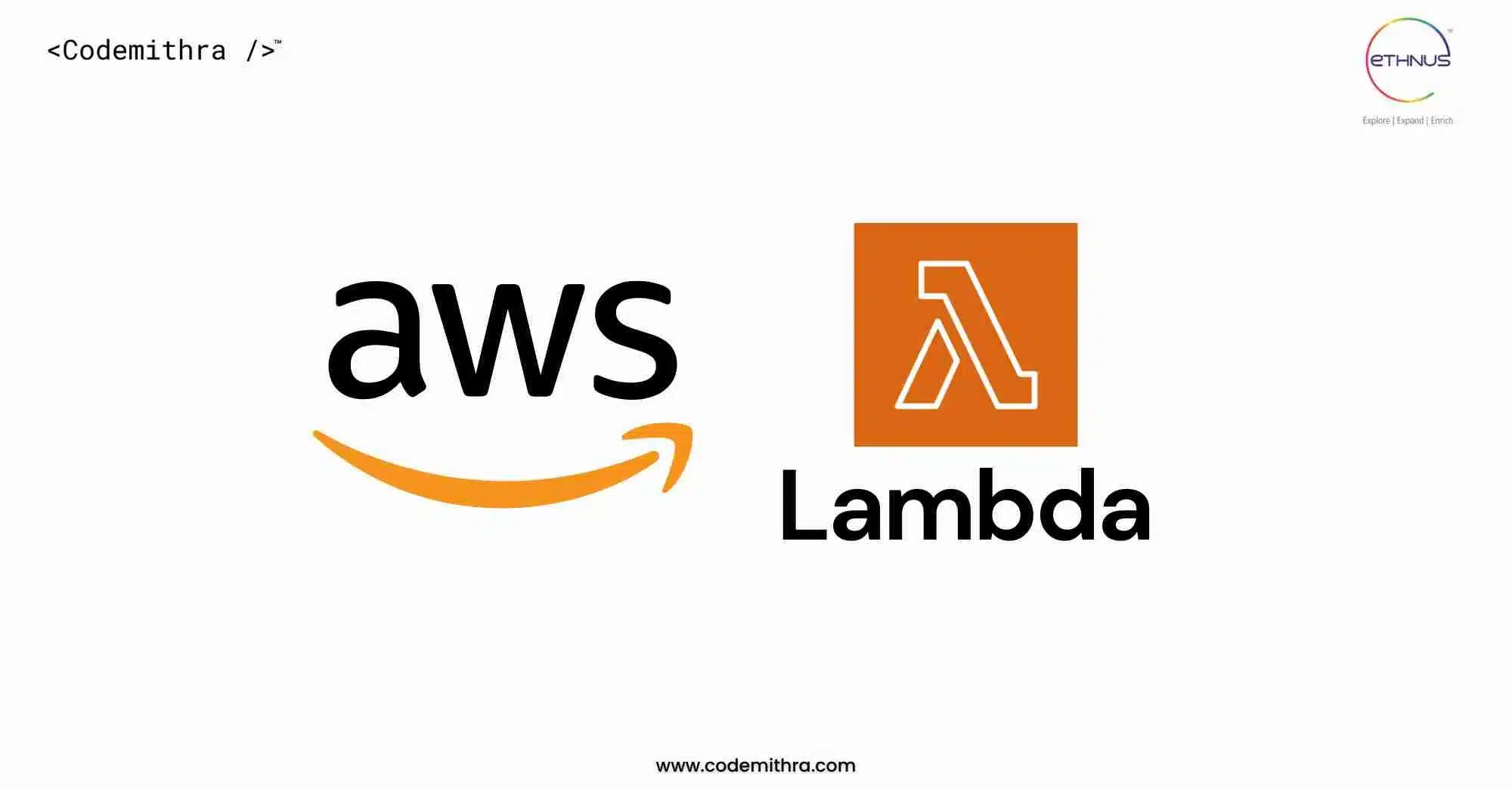Full Stack Developer
Full stack developer is related to the creation of applications from beginning to end. Plans the front and back of the framework while guaranteeing its productivity, unwavering quality, and other significant elements.
Full stack developer abilities:
- HTML, CSS, JavaScript, and one or more languages
- It is well versed in some programming dialects, like Ruby or PHP or Python, albeit full-stack editors, particularly on the off chance that they have been filling in as engineers for quite a while and work with multiple. You will normally see the “Ruby for full stack developer” opening or comparative in the rundown of assignments.
- Figure out how to deal with a task, visual plan, website composition, or client experience abilities – complete their “stack,” assuming you like.
An ever-increasing number of developers are becoming full-stack developers. Numerous organizations are looking for developers who can chip away at all parts of a site so they might use the best apparatuses for the assignment regardless — henceforth, the flood in associations referring to full-stack improvement as a need.
Full Stack Development
An undeniable stack developer chipping away at both the front and back finish of the web application and is a developer or engineer who can deal with projects that incorporate data set data, and APIs, assemble easy to understand sites or work with clients during the task arranging stage.
Presently, in opposition to many individuals’ thought processes, “full stack” doesn’t imply that the developer composes the whole site code himself. Many invest the greater part of their energy on the client-side or the server-side.
The fact is that they know enough about the code in each stack they can get to any place if necessary. Some full-stack editors make codes for all sites; however, normally, provided that they work unreservedly, we are the main developer chipping away at the venture.
What Is a Full Stack?
Web improvement for full stacks turns out to be considerably more confounding as a result of the manner in which it shows up in the assignment list. At times you will see posts that call for full-stack developers, some of the time full stack web developers (assuming you see “stack-filled web developer” in the rundown, alluding to full stack developer), and some of the time full stack engineers.
Full stack improvement covers practically any undertaking where you are working (or building) toward the finish of and behind the site or application simultaneously. Any web advancement task would ordinarily require both a front-end developer and a back-end developer – however, all things being equal, a full stack engineer satisfies your part in both.
Full Stack Developer vs Full Stack Engineer
A full stack engineer is an undeniable level programmer who chips away at programming configuration, testing, and execution. Full stack engineers frequently have a wide scope of capacities associated with each degree of programming improvement. Engineering configuration, code audit, execution assessment, inside instrument the board, and redesigns are instances of this. The expression “full stack” depicts an engineer’s ability to help with any degree of programming improvement, including both front-end and back-end advancement.
A full stack engineer is an undeniable level individual who has what it takes off a full stack developer (as depicted above), yet who has insight into the project the executives in regions, for example, overseeing frameworks (setting up, making due, and keeping up with PC organizations and frameworks).
Assuming you look at the specific employment postings recorded on any destinations for full-stack developers, you will see that these posts ordinarily expect no less than 3-5 years of involvement.
Front End Developers
Clients see and offer visual bits of sites (for example, pages and visual connections) made by front end developers in their internet browsers.
The front of the site (or the web or versatile application) is the part that the client sees and discusses straightforwardly. The front is inherent dialects, for example,
- HTML
- CSS
- JavaScript
The foundation of the web-based stage is HTML (HyperText Markup Language). It deals with all the make-up and content. HTML5 is the ongoing rendition of HTML on the web, albeit more seasoned adaptations of the website function admirably in your program.
CSS (Cascading Style Sheets) controls what HTML resembles on a page. CSS sets the varieties, text styles, foundation pictures, and design of the page (you can utilize CSS to (improve) the HTML components of the page in the manner in which you need. In the HTML document). CSS3 is the ongoing duplication of CSS on the web and adds many elements to things like essential cooperation and movement.
While you can assemble a site with just HTML and CSS, JavaScript is a distinct advantage (it additionally makes lines obscured between different specialists).
To lay it out plainly, JavaScript (JS) permits you to add association and complex activity and make it conceivable to construct completely modified web applications.
There have been upgrades to JS itself (counting the making of structures like AngularJs, jQuery, React, and Node.js).
Previous programmers utilized HTML, CSS, and JS to install sites. They are the ones who take the plan and fabricate a site that deals with it. A few destinations are assembled exclusively with HTML, CSS, and JavaScript, while others have a ton of stowed code toward the finish of the site to upgrade or improve the front of the site.
Back End Developers
Back end developers build “in the background” components of sites that clients can not see.
In spite of the fact that start-to-finish enhancements influence all that the client cooperates straightforwardly with (client-side), back-end advancement goes a long way in the background (server-side). what’s more, it incorporates dialects, for example,
- PHP
- Ruby
- Python
You will presumably not see a rundown of numerous positions that the organization professes to search for “a product developer behind the scenes.” Instead, you will find a rundown searching for Ruby developers (or Ruby on Rails), Java developers, PHP developers, and so on because the real programming language a developer knows is the way to meet all requirements for a specific work.
As far as how you can manage PHP, Ruby, or Python, you can’t do JavaScript; the rundown is significantly more restricted today than any other time. One significant contrast: Many substance the board frameworks are based on the foundation language of altering, as do numerous mind-boggling web applications.
JavaScript might have execution issues (i.e., slow or buggy) now and again. Hence, while it is currently conceivable to utilize JS to fabricate nearly anything you can imagine, at times, there are still improved arrangements out there. Figuring out how to code will help you track down the best answer for your specific issue, and sometimes that implies utilizing foundation language.
They typically work with the main engineer to make their code work inside the site or in the application ahead of time.
Full Stack Developer Abilities
A developer with a full stack needs to have a few fundamental abilities.
- Workmanship – The developer should figure out the goals of the undertaking and make an item that connects with the ideal interest group.
- Key preparation – Planning is a significant stage in any formative life cycle. The developer should design a plan, advancement, and vital execution phases. This assists with improving the cycle.
- Examination abilities – As the name recommends, these abilities help investigate data precisely and make informed, information-driven choices that assist with expanding productivity. Presently, these are the abilities an individual creates when presented to them.
- Critical thinking abilities – Troubleshooting abilities are vital for foreseeing bugs and fostering an investigating application. From a business point of view, critical thinking abilities are significant in guaranteeing effective activities.
- Time usage abilities – The developer should comply with time constraints while guaranteeing the smooth running of their assignments.
Full Stack Developer Responsibilities
- Front-end improvement – With the assistance of HTML/CSS and JavaScript systems and libraries, the developer ought to have the option to make intuitive client joins.
- Plan the application’s back-end – Must have the option to make a strong back-end configuration to download information to servers.
- Making a site and servers – These projects should have the option to endure closure and be nonstop.
- Cross-Platform Compliance – Apps should function admirably on all working frameworks like Windows, macOS, and Linux.
- Programming interface improvement – Depending on the application structure, the developer is liable for carrying out the API. These APIs fill significant roles, for example, downloading information from a server.
- Meet all the specialized and shopper needs – The developer ought to have the option to assemble responsive applications that address the issues of the client and keep them locked in.
Conclusion
A full-stack engineer is a significant engineer to have in the group. These developers can work on all application pieces and eliminate unforeseen deterrents that might emerge in different pieces of their application structure. A full-stack developer or engineer utilizes imagination and specialized abilities to make sites, applications, and programming for organizations.
Ethnus Codemithra offers a full-stack developer course that can teach you all the tricks of the trade and excel in various full-stack projects. If you’re looking to kickstart your career as a full-stack developer, look no further and enroll yourself in a Codemithra course now.





